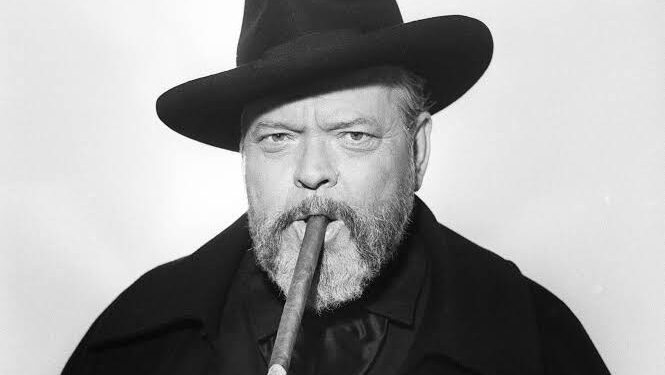Orson Welles, born in 1915, was a towering figure in 20th-century cinema, theatre, and radio. His multifaceted career as an actor, director, writer, and producer left an indelible mark on the entertainment industry, influencing generations of filmmakers and artists.
Welles first gained national attention with his infamous 1938 radio broadcast of “The War of the Worlds,” which caused widespread panic due to its realistic depiction of an alien invasion. This early success catapulted him to Hollywood, where he would make his most significant impact.
In 1941, at the age of 25, Welles co-wrote, directed, produced, and starred in “Citizen Kane,” widely regarded as one of the greatest films ever made. The movie’s innovative narrative structure, cinematography, and sound design revolutionized filmmaking. Despite its initial commercial failure, “Citizen Kane” has since been recognized as a masterpiece that pushed the boundaries of cinematic storytelling.
Throughout his career, Welles continued to challenge conventional filmmaking with works like “The Magnificent Ambersons” (1942), “Touch of Evil” (1958), and “Chimes at Midnight” (1965). His unique visual style, characterized by deep-focus photography, unusual camera angles, and lengthy takes, became hallmarks of his directorial approach.
Welles was also a formidable actor, appearing in numerous films directed by others. His commanding presence and distinctive voice made him a memorable performer in movies such as “The Third Man” (1949) and “Compulsion” (1959).
Despite his undeniable talent, Welles often struggled with studio interference and financial difficulties. Many of his projects remained unfinished or were released in compromised forms, leading to a complex legacy that continues to fascinate film scholars and enthusiasts.
Beyond cinema, Welles was a prolific theater director and actor, staging innovative productions of Shakespeare and other classical works. He also remained active in radio and television throughout his life, lending his voice to various projects and appearing as a frequent talk show guest.
Orson Welles passed away in 1985, leaving behind a body of work that continues to inspire and challenge audiences. His fearless experimentation, technical innovations, and artistic vision solidified his place as one of the most influential figures in the history of film and entertainment.
newshub



Recent Comments